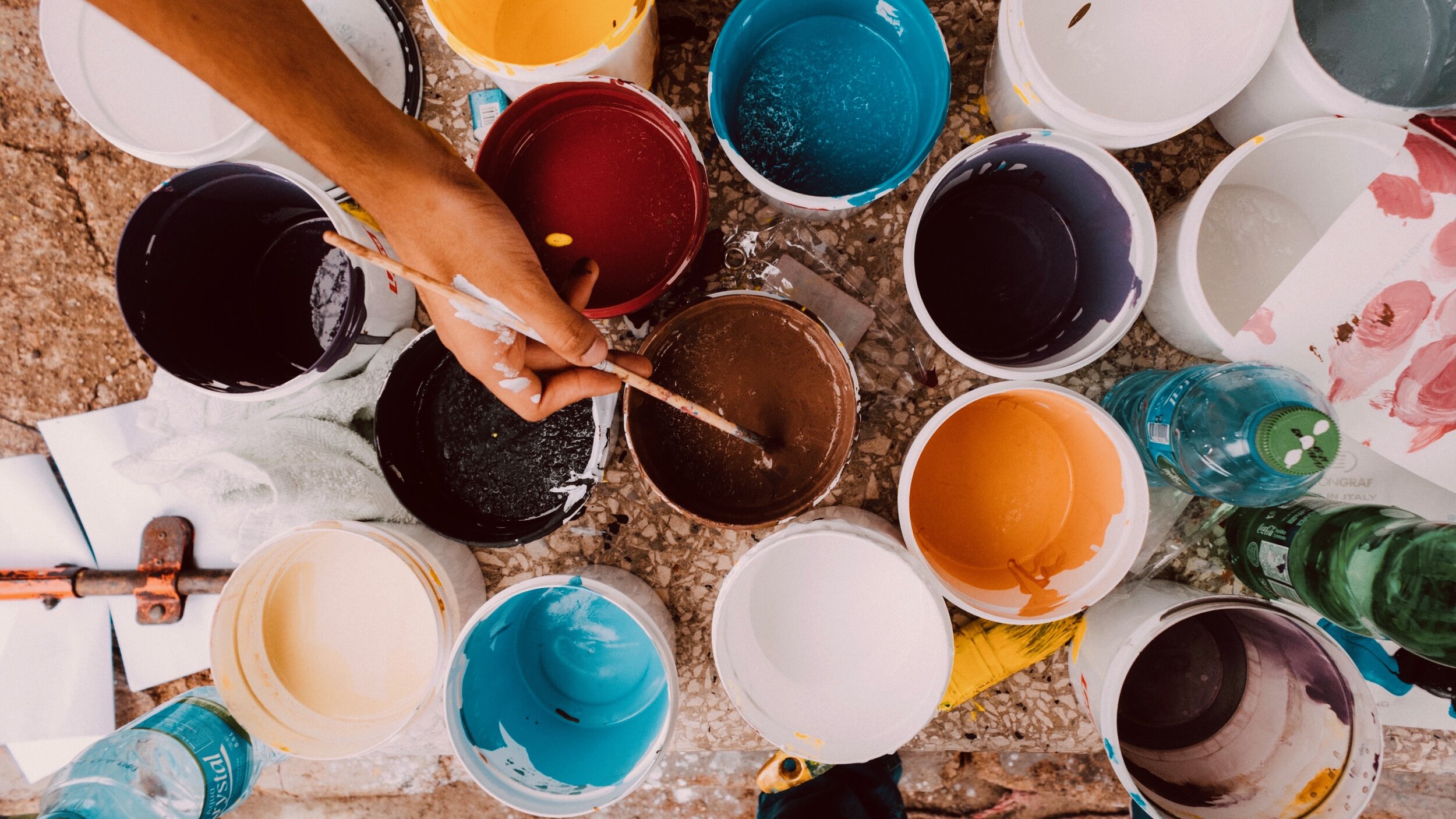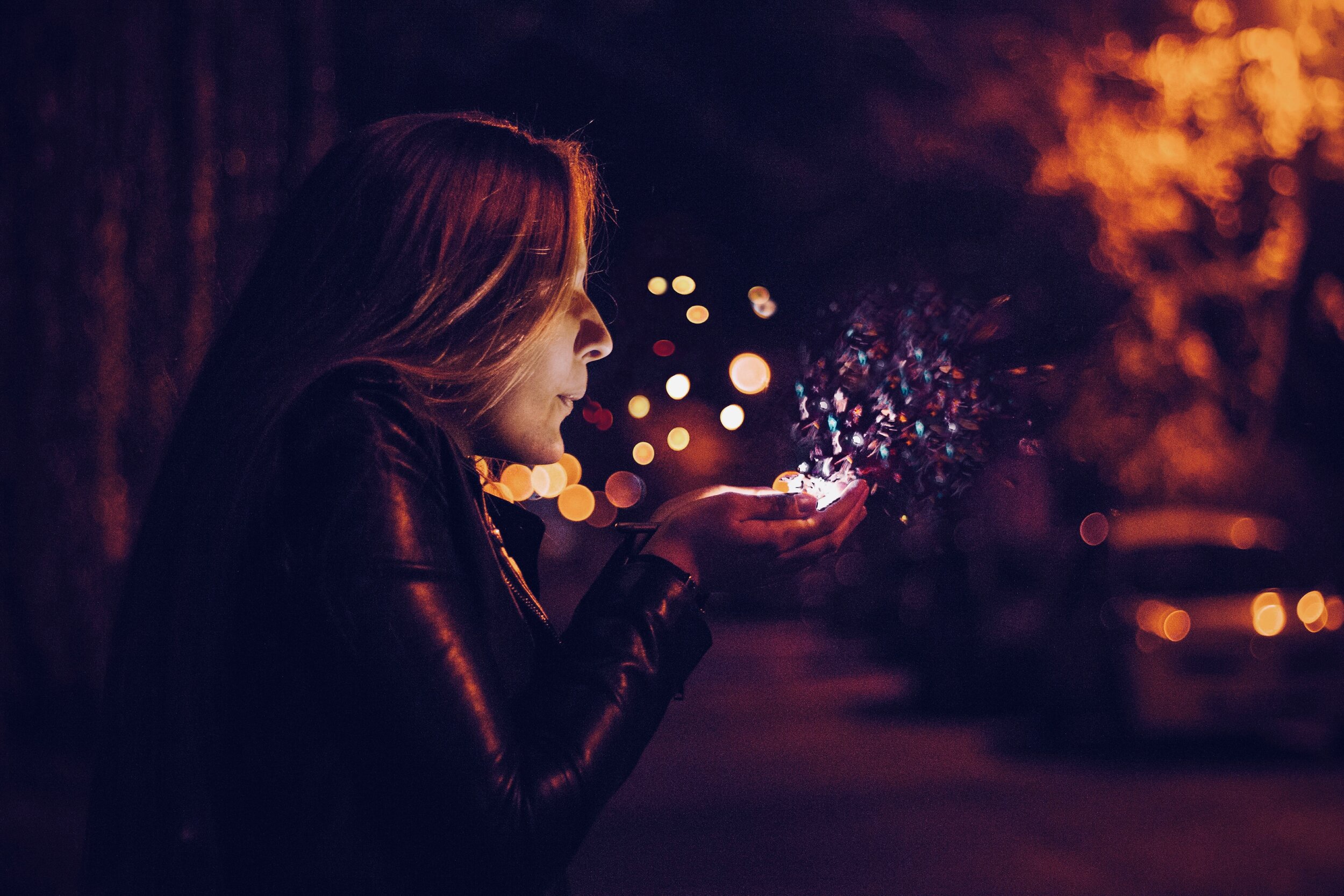Why Artificial Intelligence will lead to a Creative Renaissance?

Why Artificial Intelligence will lead to a Creative Renaissance?
At the rate at which Artificial Intelligence (AI) is evolving, the path that society is currently following may very well lead to a future straight out of a science fiction novel. AI is rampantly integrating itself into the economic infrastructure that the United States is built upon. As a direct result, AI will soon be in a position to cement itself as technology that is vital to the seamless functioning of the entire country. However, this technologically dominated future is not necessarily a future that should be feared or avoided but rather, embraced.
The increasing prevalence of AI will undoubtedly cause unemployment on a massive scale. This shift from a human-based labor force to one based mainly on AI is unavoidable and as a direct result, a large number of capable-working people will be left essentially jobless. IBM CEO, Ginni Rometty has even reportedly commented that she expects AI to change 100 percent of jobs over the next decade. However, a majority of the jobs displaced will be menial, tedious, and labor-based. Essentially meaning that humans will not be losing their jobs to AI. Instead, humans are being freed from their monotonous 40-hour workweek schedules thanks to AI.
The widespread use of AI in everyday life could easily result in a modern-day creative renaissance, a moment in contemporary time marked by an increase in creative work like art, music, literature, and educational advancements. In a future where AI technology is managing to complete a majority of the economy’s workload, humans will find themselves, once again, with the unique dilemma of having too much time on their hands. As history has repeatedly shown, this influx in free time often leads to prolonged periods of cultural growth driven by curiosity, creativity, and innovation.
AI is already a part of everyday life whether individuals are aware of it or not, and it is only being further incorporated into modern systems. AI is the specialized field in computer science that deals with the creation and subsequent simulation of intelligent human behavior in computers. Over the past few decades, AI has indeed been responsible for several shifts in the economy and global job market. The advancement of AI resulted in the disappearance of several job positions in industries ranging from manufacturing to banking, meaning that AI has the uncanny ability to impact industries of all backgrounds. More recently, during the COVID-19 pandemic, the further incorporation of AI was the perfect solution to decrease the number of human employee interactions needed for businesses to successfully operate. AI is not going away, but with it, it is bringing new jobs that have yet to even come into existence, let alone be imagined. It seems that the more and more prevalent that AI becomes, the more humans will be needed to ensure that the technology operates smoothly.
Check Out Our Best Selling Journals
The Original Creative Thinking Guided Journal
The All-Ages Creative Thinking Guided Journal
AI can outperform humans on a number of different tasks, but humans still maintain skills that have yet to be replicated using AI technology. AI cannot seem to grasp the concepts of social cues and AI is still unable to reproduce complex levels of creative thinking. CEO of Somatic, Jason Toy commented, “Can we take what humans think is beautiful and creative and try to put that into an algorithm? I don't think it's going to be possible for quite a while.” Human creativity remains unmatched no matter how sophisticated AI technology is becoming.
Despite being able to replicate human intellect, AI still showcases several limitations when it comes to creative thinking. AI is unable of thinking figuratively or defining new, unforeseen patterns. In other words, AI lacks the overall ability to connect unrelated patterns which is the foundation for any creative thought. AI, ultimately, remains unable to create original ideas or thoughts to the same extent that humans can. With every improvement that AI technology receives, it becomes clearer that humans are not moving closer towards becoming obsolete, but rather towards a future where the human mind and creative thinking are more valuable than ever.
The fact of the matter is that maybe science fiction books got the future wrong. AI will cause an unforeseen amount of job displacement, but it could also lead society down a much more innovative path and towards a cultural renaissance. The onset prevalence of AI would essentially lead to a future where for the first time, in a long-time, humans would no longer need to spend a majority of their time working to make a living. A post-work future, that is a future where people are effectively liberated from their typical 9 to 5 work schedule, would allow humanity the time to actively pursue their passions and talents. With people more readily exercising their creative muscles, society will undoubtedly experience a creative boom that concludes with the rebirth of all of society’s ideals. The result being a society that places the ultimate value on creativity, innovation, and personal expression.
AI’s impact on society would extend well beyond the economy and down to a cultural level. In a world where humans no can longer measure their sense of self based on the success of their profession, humanity will be forced to reconsider the ideals that are deemed favorable by society. A post-work society could see the value of emotional intelligence, personal relationships, and self-esteem rise and surpass the needs of today. The creative renaissance brought on by AI will bring forth a future where humans are defined by the extent to which they can think creatively not by their career.
Skills like creativity and problem solving will see an increase in value. While these skills are currently seen as mere benefits, in the future, creativity and problem solving will become essential skills to entering the workforce at any level. Creativity will also be one major differentiating factor between human’s capabilities and those of AI. No matter how hard AI attempts to adapt, only humans can innovate and given the chance to do so, humans will innovate. Therefore, it makes sense that a post-work society would reflect the creative accomplishments of the other renaissances experienced by humans throughout history.
As humans hand more and more power over to AI technology, they gain even more personal freedom. These personal freedoms could lead to advances in creative expression, culture, and overall levels of happiness. AI has the potential to revolutionize society down to the very way humans express their creativity. Creative pursuits, whether it be art, music, writing, etc., will cease to exist as they currently do. AI will redefine, for the better, how humans pursue their creative endeavors. Artists, from painters to graphic designers, will be able to incorporate AI to expand on visuals never before dreamed or visualized. Writers, from novelists to journalists, can use AI to break the typical syntax patterns of their normal writing styles. Entire creative industries, like publishing, music, and film, will thrive thanks to the newfound creative freedom brought on by AI. In the end, an AI-driven future is something straight out of a science fiction novel, but it is more of a potential utopia than a dystopia.






